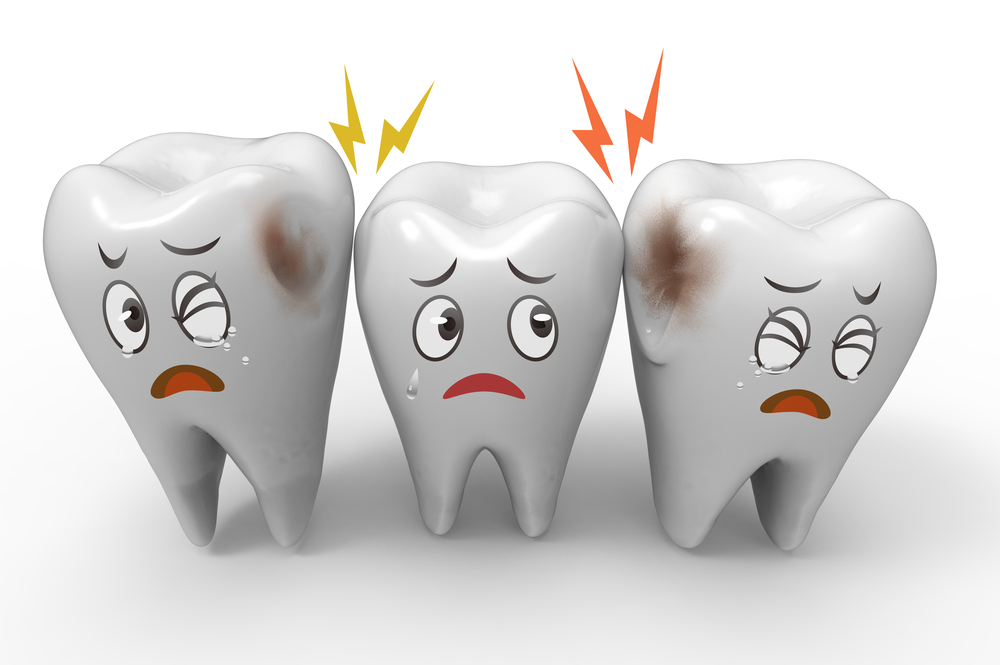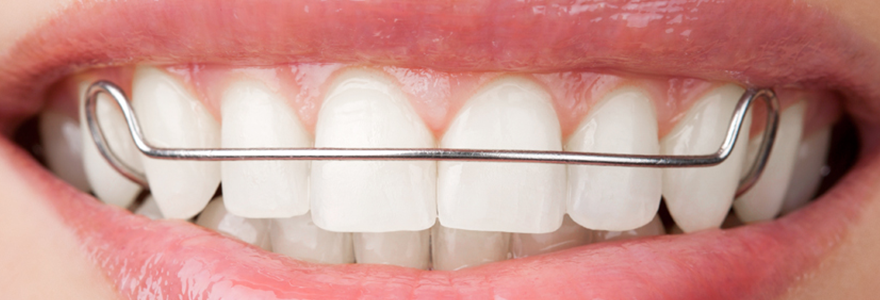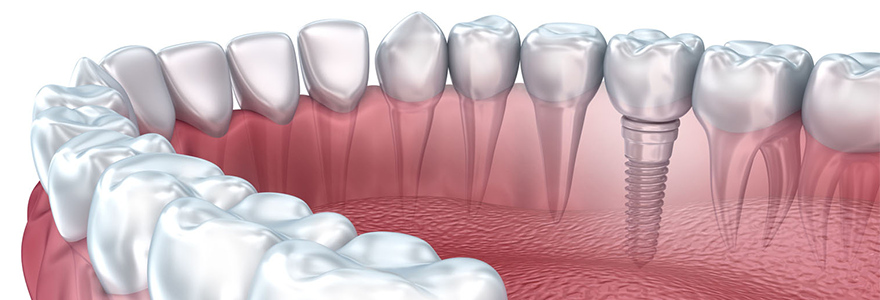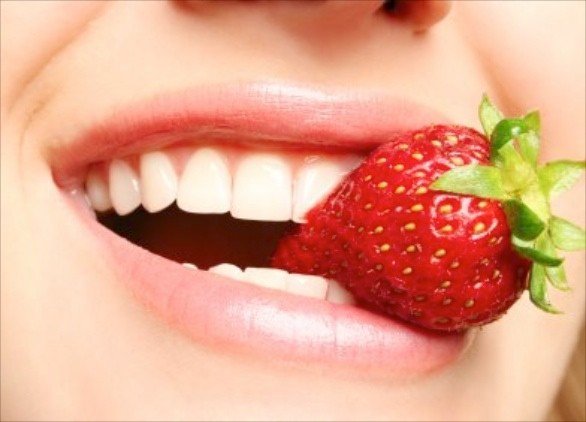- Post author:Dr. Gurpreet Gill
- Post published:December 10, 2020
- Post category:Dental Services/Dental Insurance/Emergency Dental Care/Family Dental Care/Services/Teeth Whitening
Top teeth whitening myths you need to know!
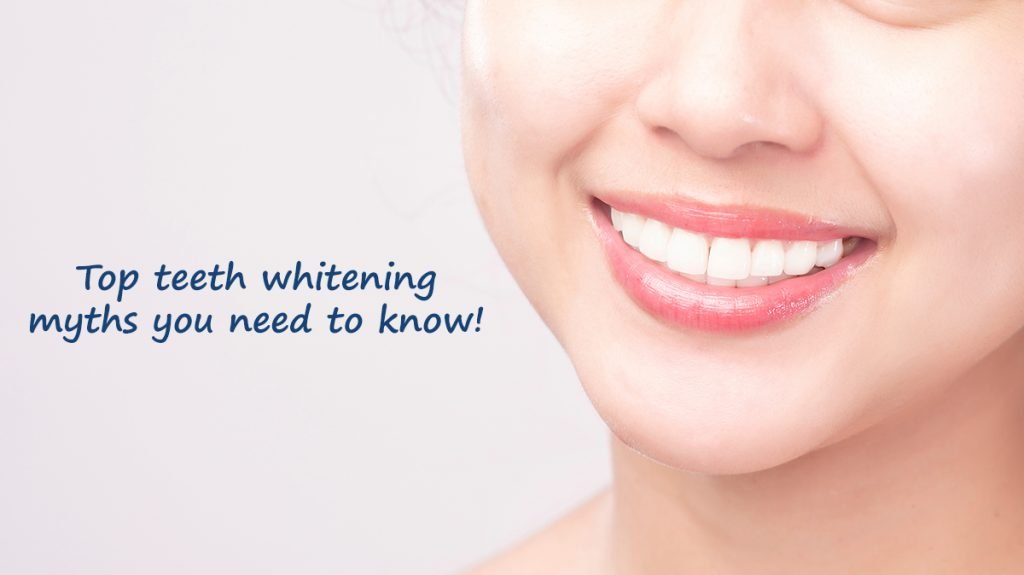
Expressions Dental offers a wide variety of dental services including, Emergency Dental Services, Wisdom Teeth Removal & Teeth Whitening in Calgary. As professional dentists, it concerns us that there are many myths that surround dental treatments. What worries us most is that many people resort to DIY ways to relieve their dental worries due to such misconceptions. One such treatment that attracts faulty facts is the teeth whitening procedure. We acknowledge that there are a lot of fad whitening treatments out there which contributes to the existing problem of myths so we want to take this opportunity to address the importance of seeing a professional dentist for all your whitening needs and bust of a few teeth whitening Myths.
# Whitening will damage your teeth
This is untrue. Teeth whitening does not ‘corrode or melt’ the enamel when the procedure is done correctly. Inappropriate proportions or leaving it for a long duration can give poor results. It is true that few experience sensitivity immediately after the whitening, that subsides after some time. However, the use of over the counter experiments and DIY whitening products could cause tooth damage. To avoid damage to the enamel, make sure you choose a professional dentist who uses safe and approved methods for teeth whitening. We offer many options for Teeth Whitening in Calgary, including ZOOM! In office whitening treatment and custom made take-home whitening kits designed for your teeth alone.
# Teeth whitening is permanent
Teeth Whitening results aren’t permanent. Post teeth whitening, you will be required to maintain the results via a proper diet. Drinking coffee, tea, and red wine can cause your teeth to turn yellow. Avoiding foods/habits that cause staining and following a dentist-recommended routine is required to keep your teeth white longer. Touch-ups are required to keep your shiny pearls white.
# Whitening works on veneers & tooth restorations
No, it does not. The teeth whitening procedure is supposed to be performed on natural teeth before you go for restorations or crowns. Porcelain restorations and veneers are then matched to your whitened teeth. So, if you are planning to get veneers, crowns, or fillings, consult your dentist if you can wait until after teeth whitening to do them. Otherwise, you may need to get them redone after your teeth are whitened.
# All teeth whitening procedures deliver a Hollywood smile
Each of us has a different mineral composition of teeth. So, comparing your results with others is unrealistic. Some of us have genetically yellow teeth, while others have deeply stained teeth due to use of antibiotics like tetracycline. So, your dentist should determine the best possible whitening plan that suits your oral history for the best possible results.
Whitening isn’t the only procedure your favorite star has invested in for the dazzling smile you see on screen. Ask your dentist if your teeth would require whitening alone or need other procedures like porcelain veneers for achieving that Hollywood smile.
# The procedure is painful
Advanced methods of teeth whitening are safe and relatively painless. A professional dentist uses protective gel for your gums to shield them from the whitening agent that can irritate the soft tissue. However, you might feel sensitivity after the procedure which will subside. In case you have pre-existing sensitivity, your dentist would recommend the right plan that suits your oral history.
For more information about Teeth Whitening in Calgary or for other dental procedures or if you are looking for an Emergency Dentist, consult Expressions Dental.
Our Score
Click to rate this post!
[Total: 1 Average: 5]

